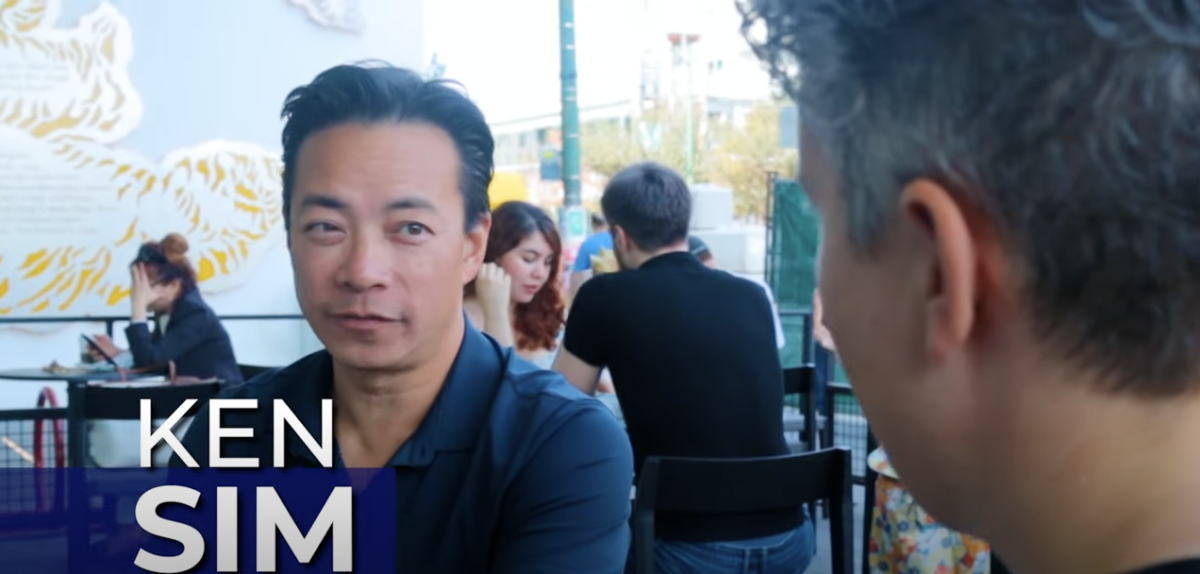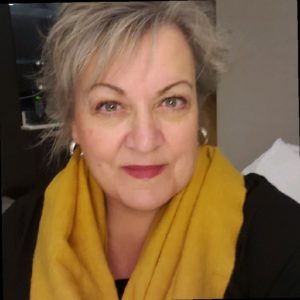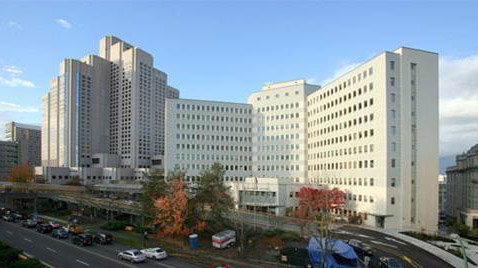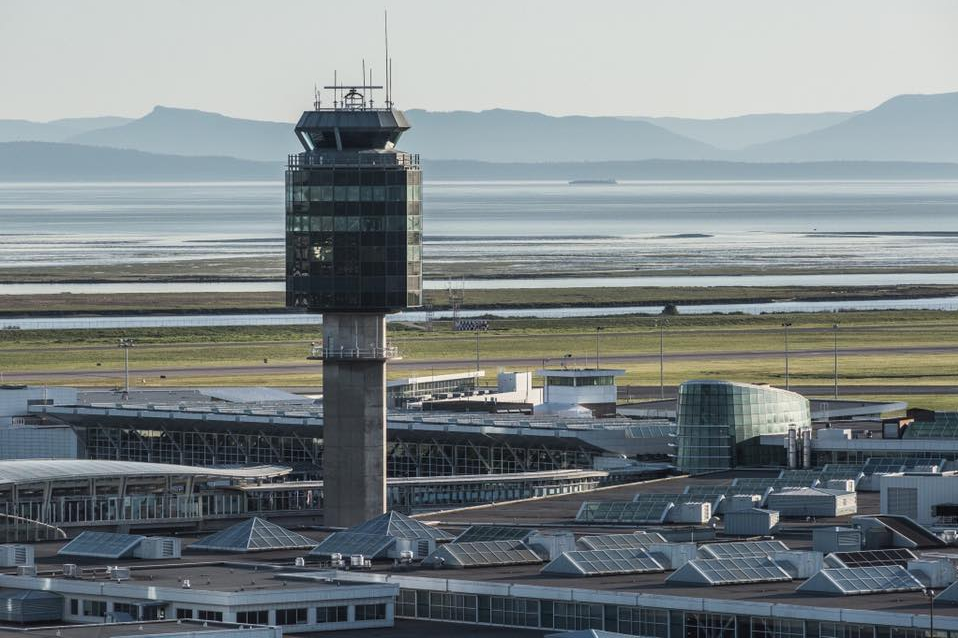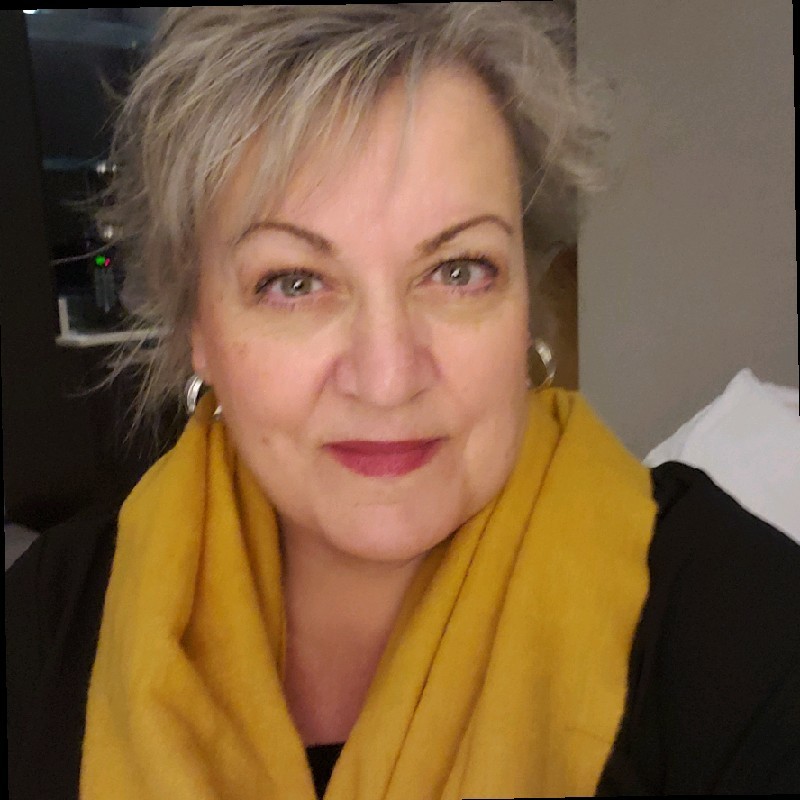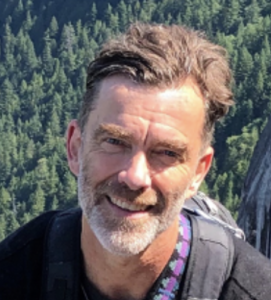Sim, ABC raised almost $2 million to topple Kennedy Stewart
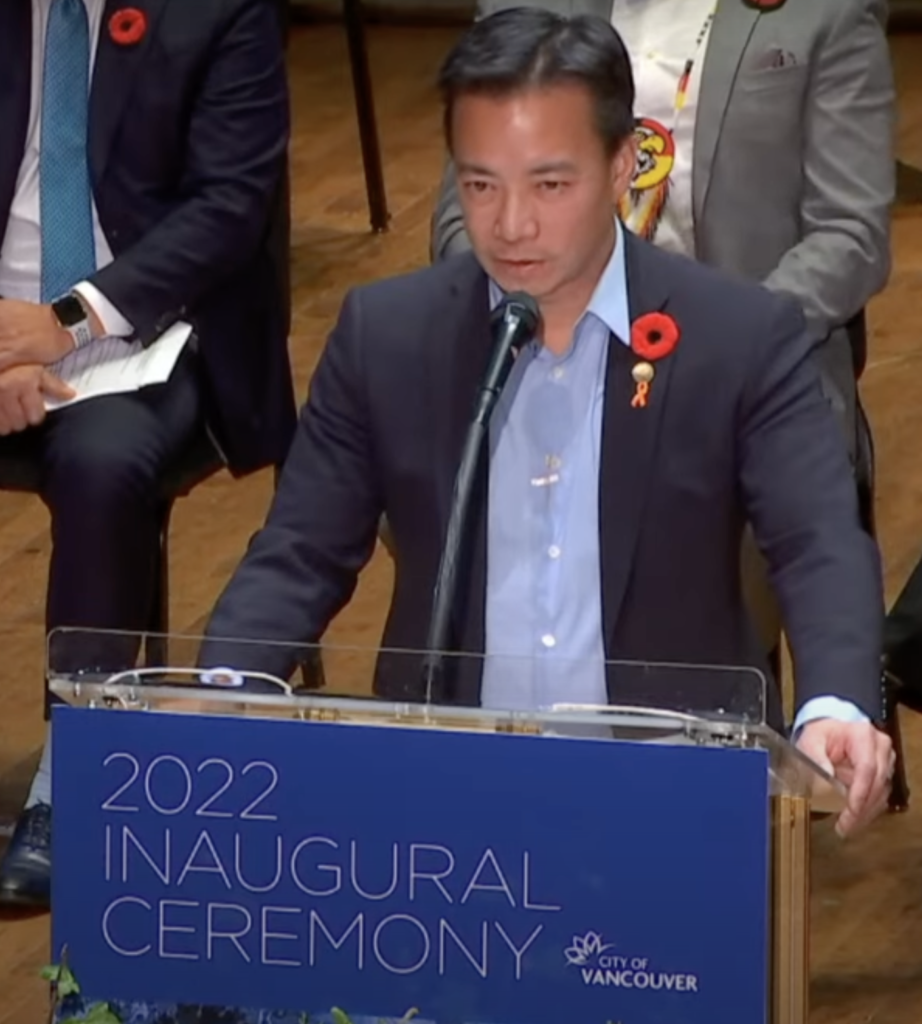
Ken Sim speaking at his Nov. 7, 2022 swearing-in (City of Vancouver)
Bob Mackin
Mayor Ken Sim and his ABC Vancouver party raised more than $1.9 million in donations to dominate the 2022 Vancouver civic election, according to campaign finance returns released Feb. 2 by Elections BC.
ABC reported $1,008,687.88 in donations and $414,003.38 in other income and transfers received, for a total $1,422,691.26. The party said it spent $800,077.27 of that to defeat Mayor Kennedy Stewart and win majority control of both city council and park board on Oct. 15.
Its biggest advertising expenditure was $100,652.13 for radio ads, a sum dwarfed by the $321,613.93 on unspecified “professional services.”
On a separate disclosure, Sim reported raising $915,745 income from 2019 to 2022 and spent $180,684.69 of that. He fell $50,000 under his individual expense limit for the 2022 election.
However, elsewhere in that report, Sim disclosed $302,500 in transfers given to ABC in 2021 and 2022 and $432,560.31 in expenses racked-up between 2019 and 2021.
Of the latter category, Sim paid out $204,828.15 for research and data, including election surveys and polls, $87,275.63 in salaries and benefits, $58,756.64 in professional services, $24,596.25 for website displays and $9,470.11 for social media.
Donors who gave ABC the maximum-per-individual $1,250 donation in 2022 included: Lululemon founder and Low Tide Properties owner Chip Wilson, and each of his wife and three sons; Bonnis Properties’ Kerry and Zohra Bonnis; Polygon’s Michael Audain and Neil Chrystal, Reliance Properties’ Jon Stovell; Hallmark Farms Clifford Pollon and four family members; Canaccord Financial founder Peter Brown; Royal Pacific Realty’s Sing Yim Leo and David Choi; CTG Brands’ Johnny Fong; Phantom Creek winery’s Richter Jiping Bai; seven members of the Onni Properties and Amacon Developments’ De Cotiis family; Army and Navy heiress Jacqui Cohen; Shato Holdings’ Peter Toigo; Townline Homes’ Rick Ilich; Westbank Developments’ Ian Gillespie; and lobbyist Mark Jiles.

ABC website, post-election: no links to platform, news releases (ABC Vancouver)
Peter Armstrong, who recruited Sim into politics with the NPA in 2018, gave ABC $1,200 in 2022.
Meanwhile, Forward Together With Kennedy Stewart reported $618,081.90 income and almost $1.1 million in expenses. Stewart’s party fell short of the $783,000 fundraising goal that was contained on a spreadsheet found by a Georgia Straight contributor early last September.
Stewart and each of his six candidates for city council, who were all shut out, reported $93,929.67 each in expenses.
Stewart’s biggest fundraising event was April 25, 2022 at Rogers Arena, where 54 individuals paid $1,250 each and Stewart’s campaign grossed $60,100. Luigi Aquilini, patriarch of the family that owns the arena and the Vancouver Canucks, and eight other Aquilinis donated the maximum to Stewart’s re-election drive before the event.
Meanwhile, in Surrey, a record amount raised and spent in the province’s most-competitive race, as four high-profile candidates chased incumbent Mayor Doug McCallum and his Safe Surrey Coalition.
In total, the five campaigns reported $2.375 million income and $2.47 million in expenses.
New Mayor Brenda Locke’s Surrey Connect party had the most-frugal organization: she spent $278,075.61 to move from a city council seat to the mayor’s chair after raising $289,448.60.
Locke narrowly defeated McCallum and his Safe Surrey Coalition, which raised $566,729.05, but spent $691,955.54.
Surrey-Newton Liberal MP Sukh Dhaliwal’s United Surrey was one of the late challengers, but he reported a whopping $637,642.25 income and $653,547.63 expenses.
Surrey-Panorama NDP MLA Jinny Sims also started late, but her Surrey Forward party managed to bring in $515,953.59 and spend $513,018.83.
Former White Rock Mayor, federal Liberal MP and BC Liberal MLA Gordie Hogg ran under the Surrey First banner in a bid to make a comeback. The Hogg-led Surrey First party had $377,453 income and $322,971.74 expenses.
Support theBreaker.news for as low as $2 a month on Patreon. Find out how. Click here.
[caption id="attachment_12807" align="alignright" width="663"] Ken Sim speaking






